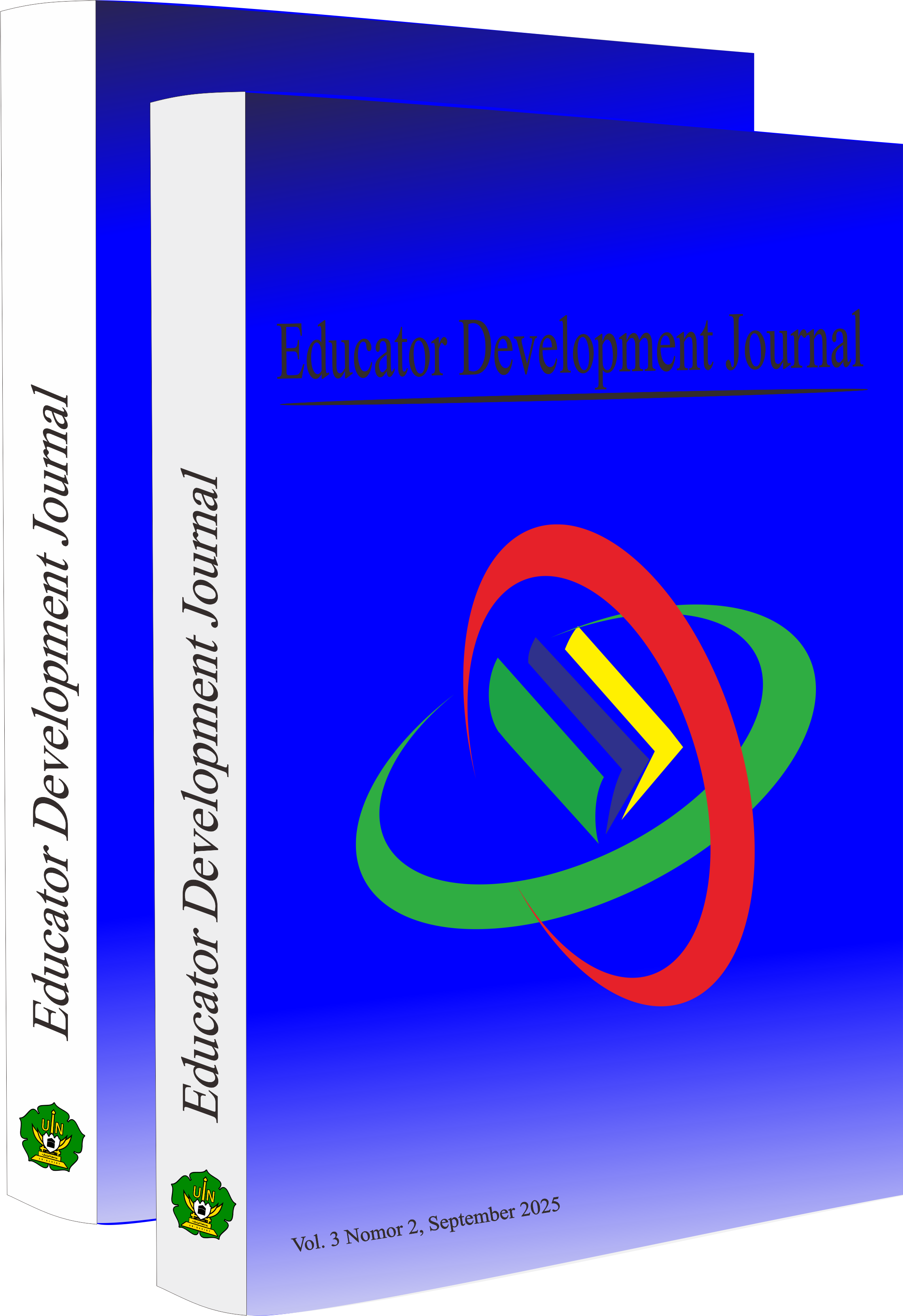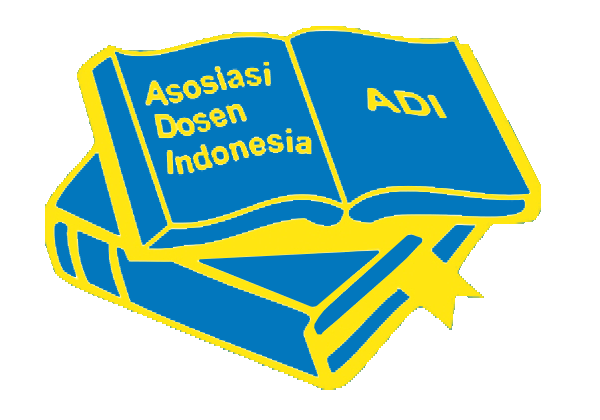The AI’S DAWN AND UNITY'S CALL: ECOWAS WEAVE AFRICA’S FUTURE
DOI:
https://doi.org/10.22373/edj.v3i2.7181Keywords:
Artificial Intelligence (AI), Regional Integration, Economic Diversification, ECOWAS, and Digital TransformationAbstract
This study examined the influence of artificial intelligence (AI) in fostering regional integration in the Economic Community of West African States (ECOWAS). The research achieved three objectives. It examined how artificial intelligence affected efforts at regional integration, evaluated its influence on economic diversification and identified the risks and challenges of using AI in the subregion. Descriptive-analytical research with secondary data was applied. The results show that artificial intelligence is a transforming agent in the economy of ECOWAS member countries. AI technologies are aiding digital shift in trade, health care, and governance sectors while helping economies become less dependent on traditional fields like agriculture and mining. Also, AI aids e-government efforts, making it easier for governments to communicate with citizens and improve governance. AI is important for changing the economy by boosting productivity and innovation in farming, healthcare, and finance. It improves resource utilization, supports data-driven decision-making, and helps resolve challenges related to regional integration by enhancing cross-border transactions and communication. In addition, the study identified significant risks, including job displacement, especially in low-skilled sectors, the digital divide, and trust issues in AI systems. These issues show the need for educational programs to boost AI knowledge and digital skills. The study concludes that AI presents excellent potential for regional and economic development in ECOWAS, but its success depends on addressing infrastructure, skills, and governance challenges.
References
African Union. (2024). Continental artificial intelligence strategy. https://au.int/sites/default/files/documents/44004-doc-EN-_Continental_AI_Strategy_July_2024.pdf
African Union. (2020, May 18). Digital transformation strategy for Africa 2020-2030. https://au.int/en/documents/20200518/digital-transformation-strategy-africa-2020-2030
Androutsopoulou A, Karacapilidis N, Loukis E, et al. (2019). Transforming the
communication between citizens and government through AI-guided chatbots. Government Information Quarterly 36(2), 358–367.
Aoki, N. (2020). An experimental study of public trust in AI chatbots in the public
sector. Government Information Quarterly 37(4), 101490.
Bala, M. T. (2017). The challenges and prospects for regional and economic integration in
West Africa. Asian Social Science, 13(5), 24.
Ben Abdelaziz, F., Kunze, H., La Torre, D., & Sinclair-Desgagné, B. (2022). Guest
editorial: Artificial intelligence and machine learning in business and management. Journal of Modelling in Management, 17(3), 849-852.
Bjerke-Busch, L. S., & Thorp, S. (2024). Overcoming the productivity paradox in the
public sector by managing deliberate learning. Public Management Review, 26(6), 1752-1778.
Brandon-Jones M, Kauppi K (2018) Examining the antecedents of the technology
acceptance model within e-procurement. International Journal of Operations and Production Management, 38(1), 22–42.
Chen, X. Q., Ma, C. Q., Ren, Y. S., Lei, Y. T., Huynh, N. Q. A., & Narayan, S.
(2023). Explainable artificial intelligence in finance: A bibliometric review. Finance Research Letters, 56. https://doi.org/10.1016/j.frl.2023.104145
Criado, J. I., & Gil-Garcia, J. R. (2019). Creating public value through smart
technologies and strategies: From digital services to artificial intelligence and beyond. International Journal of Public Sector Management, 32(5), 438–450. https://doi.org/10.1108/IJPSM-03-2019-0075.
Davis, F. D. (1989). Perceived usefulness, perceived ease of use, and user acceptance of information technology. MIS Quarterly, 13(3), 319-340. https://doi.org/10.2307/249008
Dentons. (2024, June 13). AI regulation and policy in Africa. https://www.dentons.com/en/insights/articles/2024/june/13/ai-regulation-and-policy-in- africa
Dergaa, I., Chamari, K., Zmijewski, P., & Saad, H. B. (2023). From human writing to
artificial intelligence generated text: Examining the prospects and potential threats of ChatGPT in academic writing. Biology of Sport, 40(2), 615–622. https://doi.org/10.5114/biolsport.2023.119513
Elouidani, R., & Outouzzalt, A. (2023). Artificial intelligence for sustainable finance:
A bibliometric analysis. In Lecture Notes in Networks and Systems (pp. 529-542). https://doi.org/10.1007/978-3-031-26384-2_46
Ermolayeva, A., Birukou, A., Matyushenko, S., & Kochetkov, D. (2023). Statistical
model and method for analyzing AI conference rankings: China vs USA. Heliyon, 9(11). https://doi.org/10.1016/j.heliyon.2023.e11267
Fan, B., & Pan, T. (2023). Does information technology–organizational resource
interaction affect E-government performance? Moderating roles of environmental uncertainty. Government Information Quarterly, 40(3), 101830.
Gera, R., Chadha, P., Saxena, A., & Dixit, S. (2024). A scientometric and bibliometric
review of impacts and application of artificial intelligence and fintech for financial inclusion. In Artificial intelligence, fintech, and financial inclusion (pp. 82-111). CRC Press. https://doi.org/10.1201/9781003125204-7
He, Q., & Xue, Y. (2023). Research on the influence of digital finance on the
economic efficiency of the energy industry in the background of artificial intelligence. Scientific Reports, 13(1). https://doi.org/10.1038/s41598-023-42309-5
Kleizen, B., Van Dooren, W., Verhoest, K., & Tan, E. (2023). Do citizens trust
trustworthy artificial intelligence? Experimental evidence on the limits of ethical AI measures in government. Government Information Quarterly, 40(4), 101834.
Kumar, S., Lim, W. M., Sivarajah, U., & Kaur, J. (2023). Artificial intelligence and
blockchain integration in business: Trends from a bibliometric-content analysis. Information Systems Frontiers, 25(2), 871-896. https://doi.org/10.1007/s10796-022-10279-0
Li, Y., Fan, Y., & Nie, L. (2023). Making governance agile: exploring the role of
artificial intelligence in China’s local governance. Public Policy and Administration, 09520767231188229.
Mahama, U. F. A., Boison, D. K., Doumbia, M. O., & Antwi-Boampong, A. (2024). Enhancing Decision-Making and Supply Chain Agility through Artificial Intelligence. Perspectives on Global Development and Technology, 23(5-6), 407-
Miller, A. (2019). The intrinsically linked future for human and artificial intelligence
interaction. Journal of Big Data, 6(1), 1–9. https://doi.org/10.1186/s40537-019-0170-4
Ministry of Communication and Digital Economy. (2023). The Gambia digital
economy master plan 2023-20233. Retrieved from https://mocde.gov.gm/gm-cloud-policy-documents/.pdf.
Misra, S. K., Sharma, S. K., Gupta, S., & Das, S. (2023). A framework to overcome
challenges to the adoption of artificial intelligence in Indian Government Organizations. Technological Forecasting and Social Change, 194, 122721.
Nwangwu, C. (2024). Nigeria’s 4-D Diplomacy and Regional Integration in West Africa: A Peacebuilding Debacle?. Peace Review, 36(4), 754-768.
Nwangwu, C., C. Enyiazu, E. J. Nwagwu, and C. C. Ezeibe. (2019). “Regionalism in World Politics: Interrogating the Relevance of the ECOWAS in Global Political Economy.” Central European Journal of International and Security Studies 13 (2): 111–132. doi:10.51870/CEJISS.A130205.














